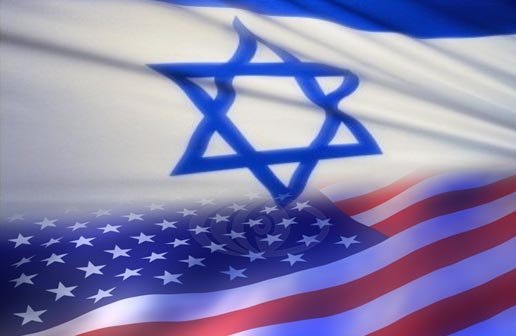Israel-Palestine Analysis: The Wishful Thinking Beyond Washington's Bribe to West Jerusalem
 Sunday, November 21, 2010 at 1:17 |
Sunday, November 21, 2010 at 1:17 |  Ali Yenidunya in
Ali Yenidunya in  EA Middle East and Turkey,
EA Middle East and Turkey,  Middle East and Iran
Middle East and Iran  Daniel Kurtzer, former U.S. ambassador to Israel, has criticised both West Jerusalem and Washington over the recent US package of "incentives" to Israel in exchange for a 90-day freeze on West Bank settlement construction.
Daniel Kurtzer, former U.S. ambassador to Israel, has criticised both West Jerusalem and Washington over the recent US package of "incentives" to Israel in exchange for a 90-day freeze on West Bank settlement construction.
In his editorial in The Washington Post, Kurtzer argues that the package is a "very bad idea" which could cause more problems for Washington by rewarding Israel for "its bad behavior". He continues that the long-term cost of the "bribe" will be great for Israel, as Prime Minister Benjamin Netanyahu is "subjecting Israel's defense needs to the political demands of an American administration".
Kurtzer concludes that a deal contrived for three months of space for Israel-Palestine negotiations will will eventually shake the US-Israeli strategic partnership.
Is the package a bad idea? Possibly, but if you do not have an alternative of showing progress with the Netanyahu Government, then you either offer the carrot or wield the stick. Perhaps the Obama Administration could have challenged the "security-first" approach which Israel perpetually re-produces to impede a two-state solution. But it did not so, leaving the "bribe" as the only option. Kurtzer's argument may have intellectual merit, but in this context, it is just wishful thinking.
Here's the reality: a West Jerusalem which accepts the incentives for three months leading to discussions on core issues and the two-state solution will only move towards an understanding on "security" with further Washington guarantees. Those will include a promise to veto any attempt by the Palestinians to win unilateral UN recognition of their state and to block any proposal questioning the legitimacy of Israel's nuclear weapons.
On Friday, State Department spokesman P.J. Crowley said Washington would give Israel binding promises if it was necessary to renew stalled peace talks with the Palestinians. Crowley explained,"Well, we continue our discussions with the Israelis. If there’s a need to put certain understandings in writing, we will be prepared to do that."
This statement did not go into detail on the two crucial words: "certain understandings".
If West Jerusalem takes 20 additional F-35 strike jets, there should be a political price as well as an financial one. Washington needs a bigger guarantee: can the Netanyahu government show enough tangible progress at the end of three months that will lead to a next stage with the Palestinians, rather than a continuing stand-still on the issue of settlements.
Otherwise, the 91st day will be a Groundhog Day, with more discussions of packages, more invocations of "security", and more wishful thinking.

Reader Comments